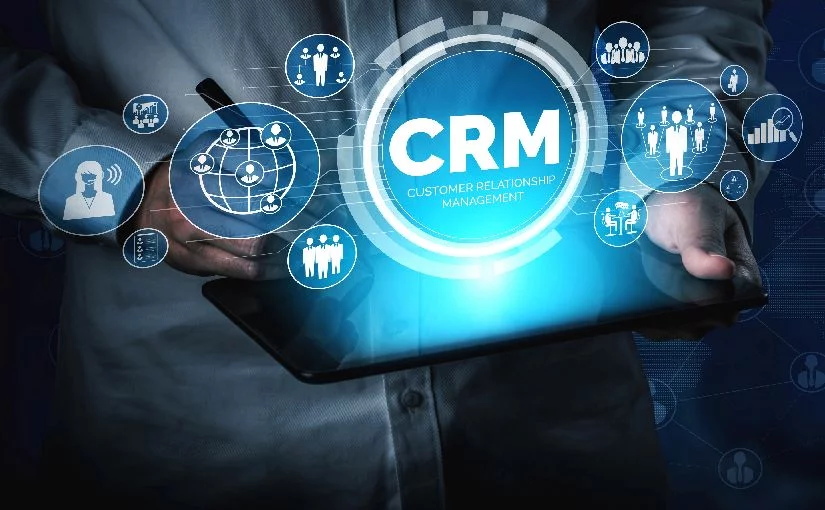What is Customer Relationship Management and how to use it in your company
Free consultationTopics
- CRM system
- Customer Relationship Management
- Customer communication
- E-Commerce
CRM (Customer Relationship Management) is software designed to synchronize, organize and automate the relationship between the customer and the company. The program tracks and measures a company's marketing campaigns across multiple channels.
From this post, you'll learn what functions a CRM system can perform, learn about its main features, and gain the basic knowledge necessary to take the next steps toward choosing a CRM for your organization.
CRM - a tool that focuses a company's communications in one place
By tracking the customer's behavior and relationship with the company, we mean the "clicks" performed by the customer in the channels that are run. CRM also measures the sales made in these channels. In the modern business environment, every B2B transaction uses a CRM to help support, improve and manage transactions, and to help connect with customers - for interaction and after-sales support.

How will a CRM help?
The use of CRM in a company can include a wide range of applications. From basic websites to mass mailings (electronic and physical) and also phone calls. One of the newest applications is the use of CRM in social media, which helps companies improve their reputation (image), among other things. CRM is designed to improve the experience of customers who interact with a company and to increase their brand loyalty, thereby increasing the base of loyal (returning) customers.
CRM in the buying cycle
CRM is increasingly referred to as systems for managing interactions through the entire customer buying cycle. This includes the early phases of need discovery through the entire buying process and also the post-purchase phase. CRM technology itself represents a huge business with an estimated global value in 2018 of about $40 billion (USD). The CRM category is seen as the fastest growing enterprise software category. Among the many smaller and medium-sized companies providing CRM solutions, several major players such as Microsoft, SAP, Oracle, Salesforce stand out.
Collecting and using data in CRM
A CRM system can collect consumer information from a wide range of sources, storing and sharing it from a single application. This data can include purchase history, contact information, ongoing forms of communication and those already completed. Those in charge use this data to improve their relationships with customers. They also make it possible to anticipate needs and track performance and the level of fulfillment of the goals of various departments of the company. A valuable function of such systems is the automation of certain tasks, such as sending additional sales and promotional materials to customers based on their purchases.
How much commitment does it take to operate a CRM?
One of the downsides of CRM-based solutions is that any data collected by the system must be properly analyzed and disseminated so that it provides value to the business. To date, this still largely requires the involvement of trained people who analyze the data and find inconsistencies, overages, incompleteness or duplicates, and prepare useful data packages and processes that can be automated. Although the role of humans in these activities is difficult to overestimate at present, the use of artificial intelligence will grow in this regard in the near future.
Where will a CRM work?
Both small and large businesses can find benefit in using CRM systems in their ecommerce operations. This is especially true for "cloud" systems, which can be accessed by multiple people at the same time, regardless of where, when or what type of device they are using.
Using selected CRM practices and processes in your online store will help you better understand customer behavior from different channels and learn what makes them buy from your store.
A good example would be a company with online sales platforms and stationary stores. The implementation of a CRM system in this case can facilitate the management of transactions across different sales channels. Additional coupling with an ERP (Enterprise Resource Planning) system allows data from multiple channels to be collected in one place, including orders, shipment and delivery tracking, process automation, payment data which saves a significant amount of time and provides valuable data for marketing activities.
Always up to date
Part of the CRM system used in e-commerce can be a mobile CRM system. One of its functions is text messaging solutions. Thanks to the data acquired by the system, it is possible to manage contact with customers who have registered on the site, placed an order, or made a purchase, and send them text messages (SMS) such as notifications, alerts or updates on the status of order completion, shipment tracking, etc.